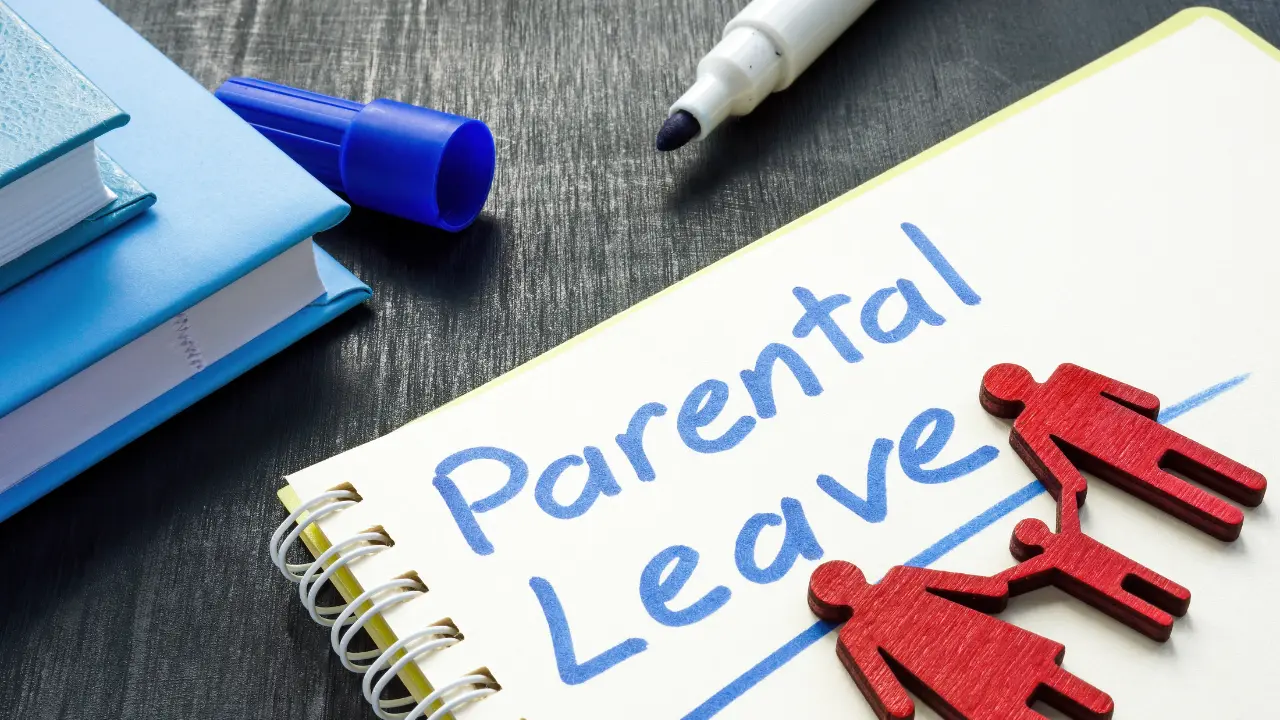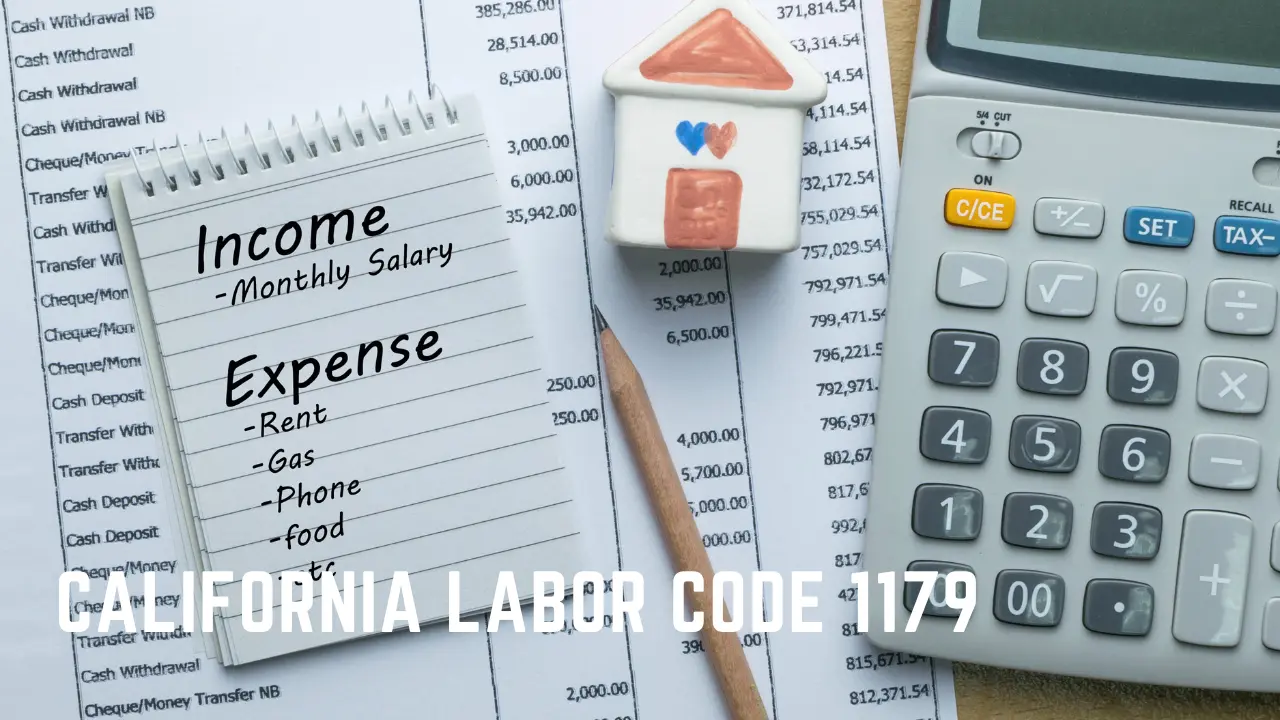In the evolving landscape of employee rights, the California New Parent Leave Act (CNPLA) marks a significant milestone and demands our attention. This legislation, enacted to enhance the well-being of working parents and their newborns, offers new parents up to 12 weeks of unpaid leave while ensuring job protection and continuity of health plan coverage.
The Act covers employers with a workforce of 20 or more, and includes provisions for both parents, fostering an environment of shared responsibility. However, the Act’s implementation, scope, and comparison with the federally mandated Family and Medical Leave Act (FMLA) open up a myriad of questions. Unraveling these complexities could offer valuable insights into the balance between business exigencies and parental rights.
Eligibility and Coverage Criteria
The eligibility and coverage criteria for the California New Parent Leave Act are intricately defined, encompassing factors such as the length of employment, hours worked, and the size and scope of the employer’s operations. To qualify, an employee must have worked for the employer for at least 12 months, and clocked in a minimum of 1,250 hours during the year preceding the leave.
The provision applies to employers who maintain a minimum of 20 workers within a 75-mile radius. The Act entitles eligible employees to a leave duration of up to 12 weeks, with job protection and continuation of benefits throughout this period. However, payment during the leave is not mandatory and depends on the employer’s discretion or the employee’s accrued paid time off.
Rights and Benefits Under the Act
Expanding upon the eligibility criteria, the California New Parent Leave Act also presents a comprehensive set of rights and benefits that safeguard the interests of employees during their parental leave.
- Job Security: The act ensures job protection for the employee by allowing up to 12 weeks of leave for parental responsibilities without fear of losing their job. On returning, the employee is entitled to resume their same or a comparable position.
- Health Benefits: The employee’s health coverage is maintained during the leave period, ensuring no interruption to vital healthcare services.
- Equal Treatment: The employee should be treated equally, meaning no demotion or reduction in benefits upon return.
The act thus offers a robust framework for supporting new parents, balancing the needs of employers, and promoting a healthier work-life balance.
Parental Leave Entitlements
Under the provisions of the California New Parent Leave Act, employees are entitled to several key parental leave benefits, which allow for a balance between work responsibilities and the demands of new parenthood. This includes paid leave, a key provision to ensure parents do not suffer financial hardship while bonding with their child.
Specifically, employees can use accrued vacation or sick time as part of their paid leave. While the law does not mandate employers to provide pay during the leave, it does legislate job protection, allowing parents to return to their same or a comparable position.
These entitlements prioritize child bonding, ensuring that new parents can take necessary time off work to establish a strong relationship with their newborn or newly adopted child.
Notice Requirements and Protections
Moving from entitlements to obligations, it is essential to note the requirements and protective measures surrounding the California New Parent Leave Act, particularly in relation to the notice period.
- Employee Rights: Employees are required to provide their employer with a 30-day notice prior to taking leave. Failure to do so can result in the delay of leave commencement. Importantly, the Act safeguards employees against any form of retaliation, including demotion or termination, for exercising their leave rights.
- Employer Obligations: Upon receiving the leave notice, employers have a 10-day window to respond. They also bear the responsibility of informing employees about their rights under the Act.
- Protection Measures: In case of employer retaliation, employees can file a complaint with the Labor Commissioner’s Office. Employers found guilty may face penalties.
Comparison to FMLA
Often, it is beneficial to draw parallels between the California New Parent Leave Act (CNPLA) and the Family and Medical Leave Act (FMLA) to provide a comprehensive understanding of the distinct provisions and applicability of these significant labor laws.
In the FMLA vs CNPLA comparison, both acts provide up to 12 weeks of unpaid, job-protected leave for eligible employees. However, FMLA applies to businesses with 50 or more employees, while CNPLA covers those with as few as 20 employees. This broader coverage under CNPLA potentially affects smaller businesses.
Also, the leave duration comparison shows that both acts offer similar periods of time off. Yet, to benefit concurrently from both acts, employees must meet the eligibility requirements of each. Thus, both acts, while similar, cater to different employment situations.
Conclusion
In conclusion, the California New Parent Leave Act provides essential rights and protections to eligible employees, fostering an inclusive work environment. It offers a substantial duration of unpaid, job-protected leave and mandates the continuation of health coverage. Furthermore, it stipulates safeguards against employer retaliation.
Comparatively, it extends to smaller employers, unlike the Family and Medical Leave Act. Understanding these intricacies ensures the Act’s equitable and effective implementation, benefiting both employees and employers.








